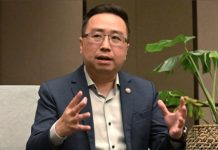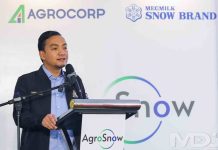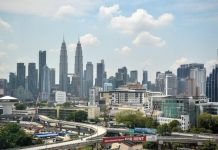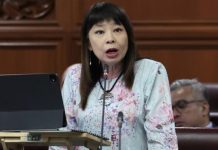Agriculture remains one of Vietnam’s key industries, consisting of thousands of SMEs and contributing a huge portion of the nation’s employment and GDP. However, the nation is currently facing an agricultural paradox due to shifting demographics and climate change.
Vietnam needs to find a way to increase productivity and crop yield to meet growing demand for food, thanks to an ever-increasing global population. At the same time, the industry needs to preserve the natural resources it has and prevent over-farming.
Reports from research organisations said the world population would increase by 2.2 billion by 2050 and demand for food would increase by 50 per cent. During this period climate change is expected to reduce harvests by 17 per cent while arable land will shrink by 20 per cent.
You can see why Vietnam’s agriculture industry is in such a dilemma. Fortunately, advancements in technology and innovation could provide a potential solution to these challenges.
A more sustainable and resilient food future will rely on sharp increases in agricultural research and development; better alignment of government finance and incentives for farmers with long-term, sustainable and climate-smart production; and a steep change in access to information, innovative technologies, and finance to bolster the resilience of the millions of small-scale farmers who will be affected by the changing climate; especially in areas such as Can Tho City, which serves as a hub for agriculture and its developments in the country.
“To enable us to feed a growing world population, it is critical for agriculture to harness technology to become more efficient, productive and sustainable, especially in light of decreasing natural resources including arable land and water,” Sam Eathington, chief science officer at The Climate Corporation of Bayer, told Vietnam News.
“Digital farming solutions enable farmers to make data-driven decisions in real time, and help them utilise fewer and more precise amounts of resources, including water, labour and crop protection inputs. This helps us to grow more with fewer inputs per unit of output,” he continued.
As of now, the Vietnamese government have already begun making efforts to attract investors in digital farming. Conferences have been organised to seek out solutions to the agriculture dilemma and there have been tie-ups with science companies to provide tailor-made solutions to farmers. Seminars and classes on agriculture technology have also been organised for farmers to help them understand and utilise new innovations to improve crop yields sustainably.
The Vietnam Digital Agriculture Association was launched in September 2019 to upgrade the technology infrastructure to develop digital farming, connect with and expand markets, identify tailored digital solutions for each cultivation model, attract investors, and have human training. Many renown and successful companies and entrepreneurs have already joined the association in an effort to do their part for a sustainable food future.














